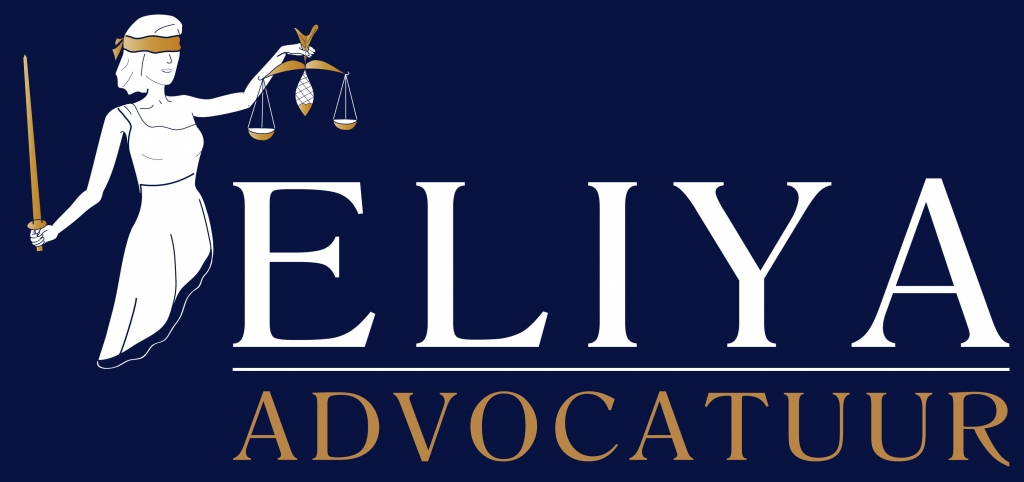Arbitration Agreement Third Parties: Understanding the Importance of Clear and Comprehensive Contract Language
As businesses enter into contracts with third-party vendors, suppliers, and partners, they often include arbitration agreements as a way to resolve disputes without resorting to costly and time-consuming litigation. However, these agreements can become complicated when they involve multiple parties, each with their own interests and perspectives. In this article, we`ll take a closer look at arbitration agreement third parties and the importance of clear and comprehensive contract language.
What is an Arbitration Agreement Third Party?
An arbitration agreement third party is any party involved in a contract who is not the signatory to the arbitration agreement. In other words, if two parties (Party A and Party B) sign a contract that includes an arbitration agreement, and a third party (Party C) becomes involved in a dispute related to that contract, Party C is considered an arbitration agreement third party.
Why are Arbitration Agreement Third Parties Important?
Arbitration agreement third parties can present a challenge when disputes arise because they did not themselves sign the arbitration agreement. Depending on the language of the agreement and the specific circumstances of the dispute, the dispute may not be subject to arbitration. This can result in the parties having to resort to litigation, which can be expensive and time-consuming.
How to Address Arbitration Agreement Third Parties
One approach to addressing arbitration agreement third parties is to include clear and comprehensive contract language that accounts for the possibility of third-party involvement in disputes. This can involve language that explicitly states that the arbitration agreement applies to third parties, or that sets out specific conditions under which third-party disputes will be subject to arbitration.
Another approach is to require all parties involved in the contract to sign the arbitration agreement, including any potential third parties. This can help ensure that all parties are aware of and subject to the same dispute resolution process.
Ultimately, the key to addressing arbitration agreement third parties is to carefully review and scrutinize the language of the contract and the arbitration agreement. This can help ensure that the agreement is clear, comprehensive, and addresses any potential challenges that may arise.
Conclusion
Arbitration agreements can be a valuable tool for businesses looking to avoid costly and time-consuming litigation. However, when disputes involve third parties, the language of the contract and the arbitration agreement can become complicated. By including clear and comprehensive language in the contract, businesses can help avoid potential challenges and ensure that all parties are subject to the same dispute resolution process.












